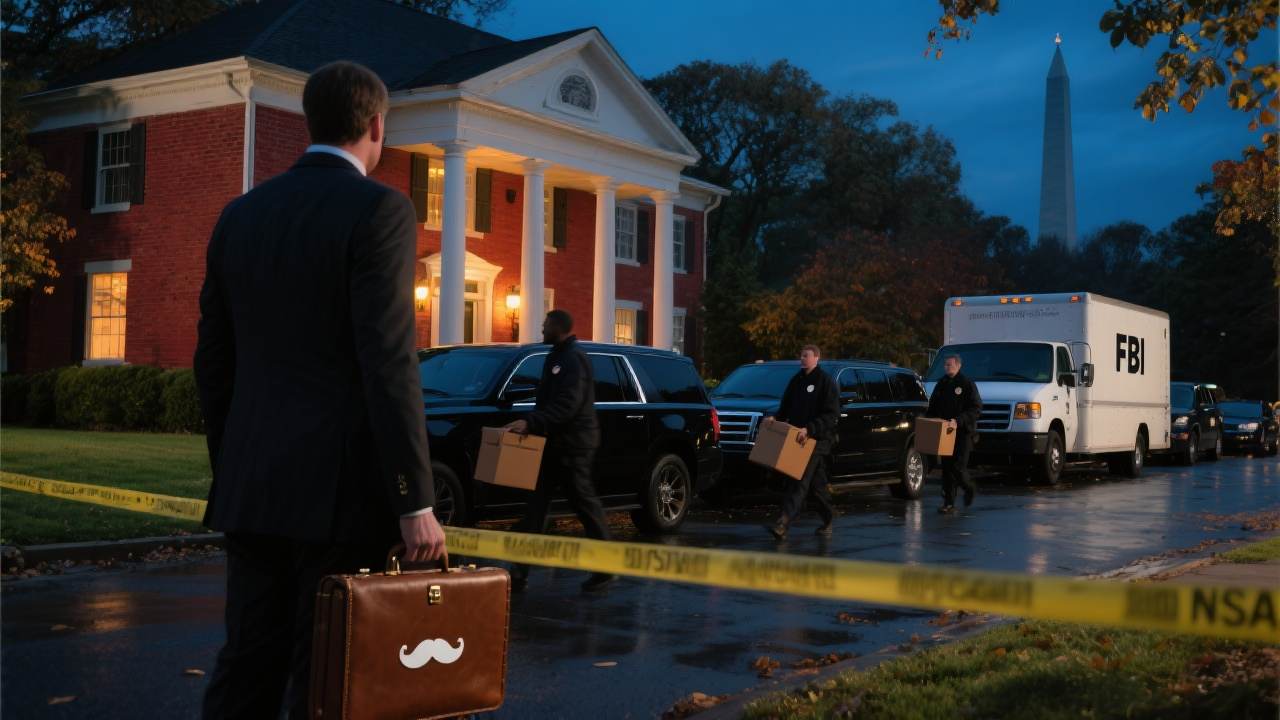
A dramatic morning in Bethesda
Before most of Bethesda had poured its first coffee, federal agents arrived at the Maryland home of John Bolton, Donald Trump’s former national security adviser and one of his most acidic Republican critics.
By midday, they had also searched his Washington office. The government described the activity as court authorized. Bolton was not detained or charged. The inquiry centers on whether he possessed or shared classified material. That single sentence carries years of baggage.
How we got here
Bolton has long been a lightning rod. A traditional conservative hawk who clashed with Trump on Iran, Afghanistan and North Korea, he was ousted in 2019 and turned into a sharp public critic. His best-selling memoir ignited a bitter fight with the government over classified information. That legal dispute eventually fizzled, but the animosity did not. In the months leading up to the search, Bolton again needled the president over his posture toward Russia and Ukraine. The mutual disdain never cooled.
The legal core behind the spectacle
The search warrant implies a judge agreed there was probable cause that evidence of a crime might be found. It does not imply guilt or guarantee charges. In sensitive national security cases, agents often seize materials directly to control what’s collected and how it’s handled. If this probe touches documents linked to Bolton’s book or other communications, prosecutors may be re-litigating questions of classification and disclosure that the government once pursued and then dropped. Two issues will define the case if it advances: whether markings or contemporaneous classification decisions clearly covered the material, and whether any dissemination crossed legal lines.
What both sides will argue
- Bolton’s allies will say this is political retribution wrapped in legal process. They will point to his public criticism of the president and the timing of the search. Expect phrases like selective enforcement and punishment by process to echo on the right and among some civil libertarians.
- The administration’s defenders will say no one is above the rules governing classified information. They will note that obtaining a warrant requires independent judicial approval, that the national security bureaucracy can be maddeningly procedural, and that the quickest way to defuse suspicion would be full cooperation and clarity about what was taken.
Both statements can be true in their own way. Classification laws are rigid. Washington is not.
Bolton as a symbol of a larger struggle
Bolton represents a particular kind of Republican: hawkish, institutional, unapologetically ideological about American power. In Trump’s world, that profile reads as obstinate, even disloyal. The split has never been just about policy. It is about who sets the terms for Republican foreign policy in this era. A search like this becomes more than an evidentiary step. It becomes a message, interpreted according to preexisting beliefs. If you see institutions working, this looks like overdue accountability. If you see a loyalty contest masquerading as law, it reads like payback.
What matters next
- The affidavit: If any details surface, they will reveal whether this is about possession, dissemination or both. That distinction determines whether we are talking about a storage problem or a leak case.
- The documents: Were the materials clearly marked? Or is this a dispute over classification judgments after the fact? Many recent fights turn on that line.
- Prosecutorial posture: If the government moves toward charges, expect something narrow and technical. If it does not, expect a political brawl over why a high-profile search yielded nothing.
- Congress: Oversight hearings are likely. They rarely settle anything, but they do set the narrative.
The culture of secrets
Washington runs on secrets and the rituals that guard them. Searches, subpoenas and classification reviews act as both enforcement and deterrent. Most of the time, these disputes are quiet, negotiated, and forgotten. When they are not, they become parables. The Bolton search will be read by every current and former official as a reminder that the rules can be both exacting and unevenly felt.
The bottom line
This is a test of credibility for both the government and one of Trump’s most prominent apostates. The FBI search at John Bolton’s home and office will either become a case study in neutral application of national security law or another chapter in America’s long argument over whether justice in Washington is just politics with better stationery. The answer will ride on facts we haven’t seen yet and decisions that will be judged in a courtroom and in the court of public opinion.
